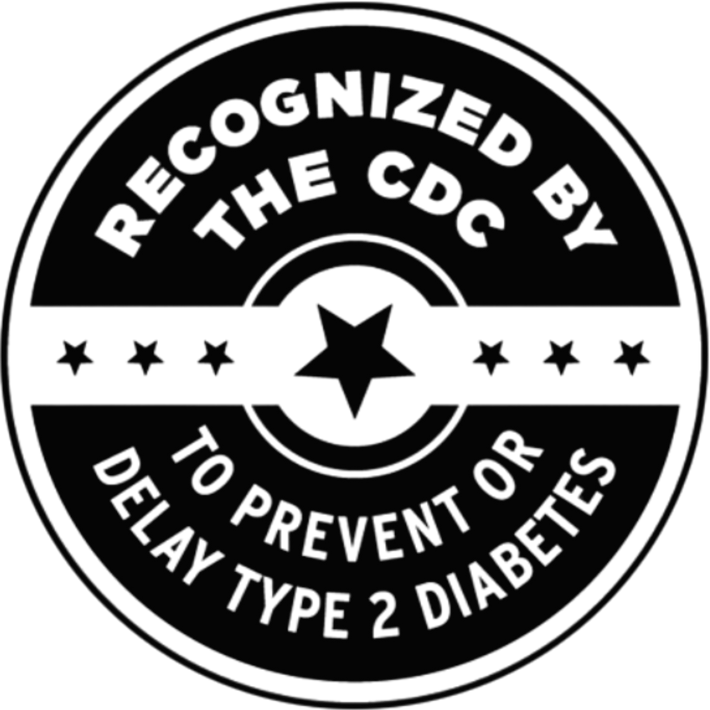Weight Loss Plateau
Breaking Through a Weight Loss Plateau: What It Means and How to Overcome It The weight loss process is historically filled with highs and lows, an...
Let us know your health goals to get a customized plan today.
You will start to experience results in just three days!
Jaw-Dropping Transformation, Guaranteed.


